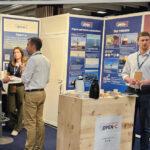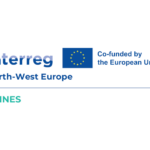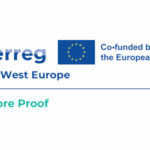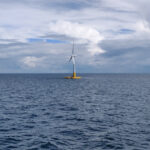 HiPoTeSis approved by Interreg Atlantic Area: strengthening floating offshore wind test infrastructure across Europe
HiPoTeSis approved by Interreg Atlantic Area: strengthening floating offshore wind test infrastructure across Europe
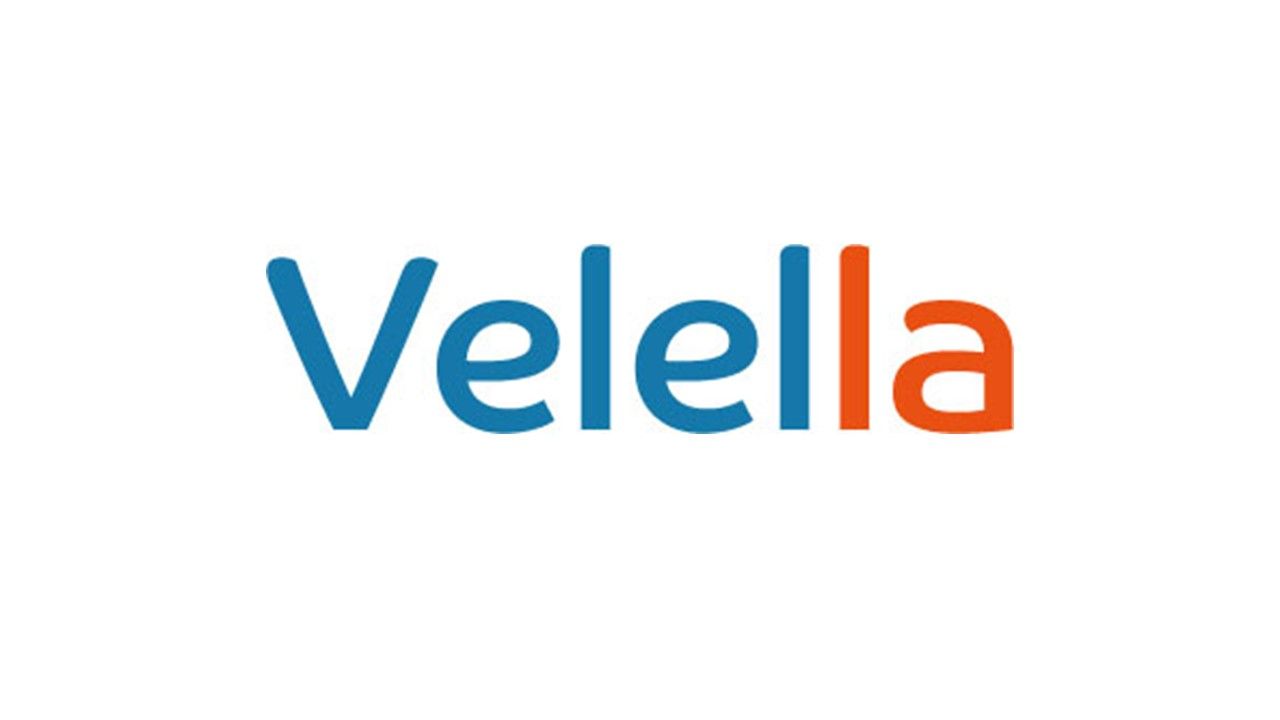
Velella aims to qualify several technology bricks & innovative methods needed to prepare the deployment of commercial floating wind projects under the best economic, social & environmental conditions. This project will be a first in the MRE sector: each innovation will be driven by an eco-design approach, from life cycle analysis to recyclability and impact on the underwater environment.
The project is being funded to the tune of €5.7 million by the French government as part of the France 2030 programme operated by ADEME following the DEMO Tase call for projects and involves several industrial and academic players: BW Ideol (project leader), Centrale Nantes, the OPEN-C Foundation, Ifremer, ENSTA Bretagne and IVM technologies.
The project will rely on proven and patented floating technology designed by BW Ideol to structure its research and innovation activities. Lasting 4 years, the project is built around 3 main axes:
- The first axis aims at pursuing efforts to optimise the economic and environmental performance of the BW Ideol floater, particularly within the framework of tomorrow’s largest wind turbines (>20 MW).
- The second axis will feature the on-site deployment of mooring lines made up of innovative materials, and the implementation of new underwater surveillance and inspection methods to further reduce costs during operation.
- The evaluation of socio-economic impacts and the structuring of the floating wind power sector will form the third axis.
Finally - and this is quite unique for such a marine renewable energy project – all efforts will be guided by an eco-design approach, where each innovation will be analysed & assessed from the points of view of life cycle analysis (LCA), recyclability and potential consequences on the marine environment. Tests will be carried out on various sites and assets owned by the partners, including BW Ideol’s >Floatgen wind turbine operating successfully for the last 5 years on Centrale Nantes’s SEM-REV test site off Le Croisic, test site now operated by the OPEN-C Foundation.
According to Bertrand Alessandrini, CEO of the OPEN-C Foundation, "The Velella project allows the OPEN-C Foundation to gather feedback on 8 years of tests, a rarity even today in floating wind power. Data from the evaluation over several years of the socio-economic impacts and recyclability of wind turbines is essential for the sector to develop. The infrastructures and teams at OPEN-C Foundation are eager to contribute to this new stage in the reception of Floatgen on the SEM-REV site"
